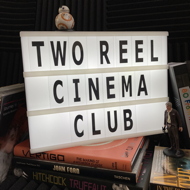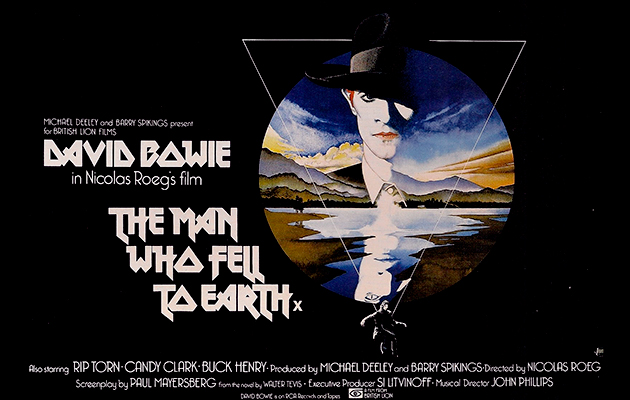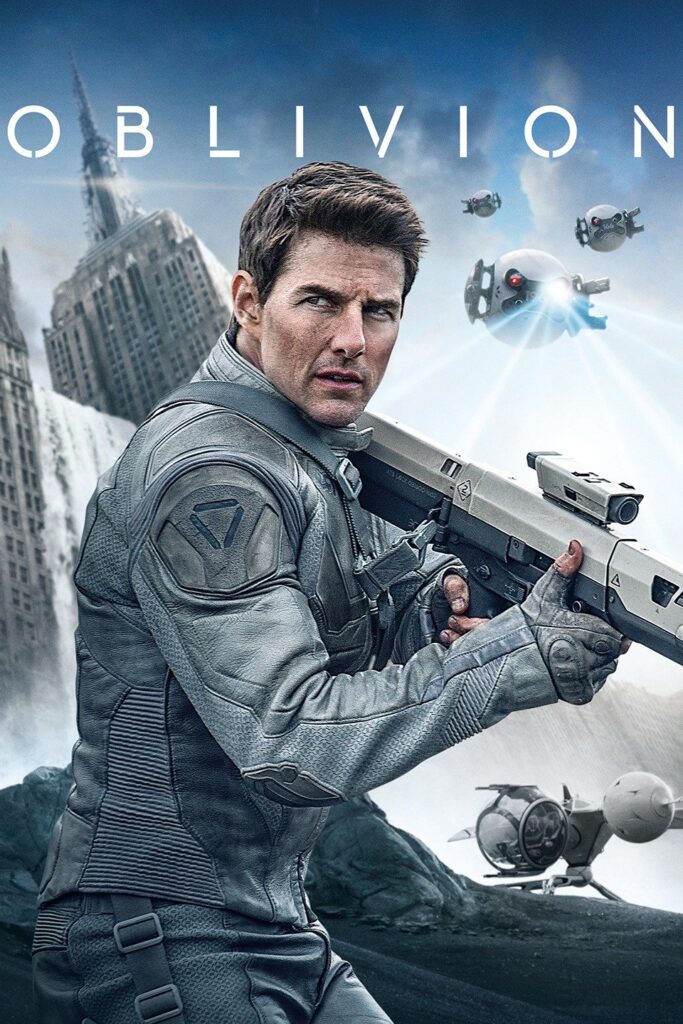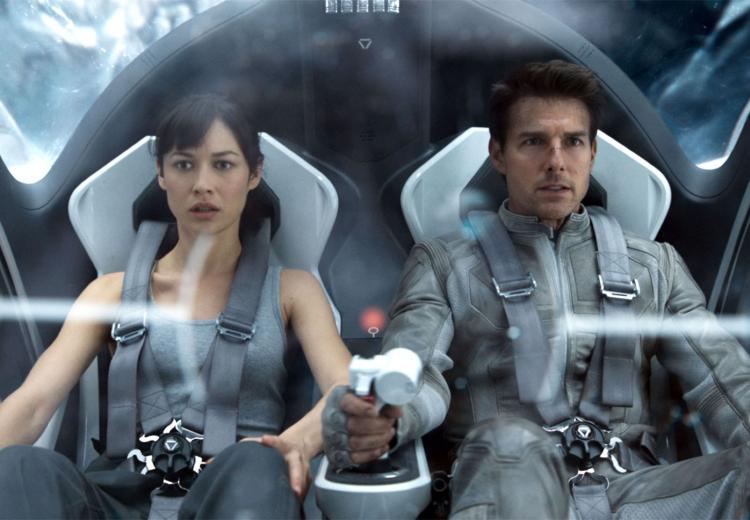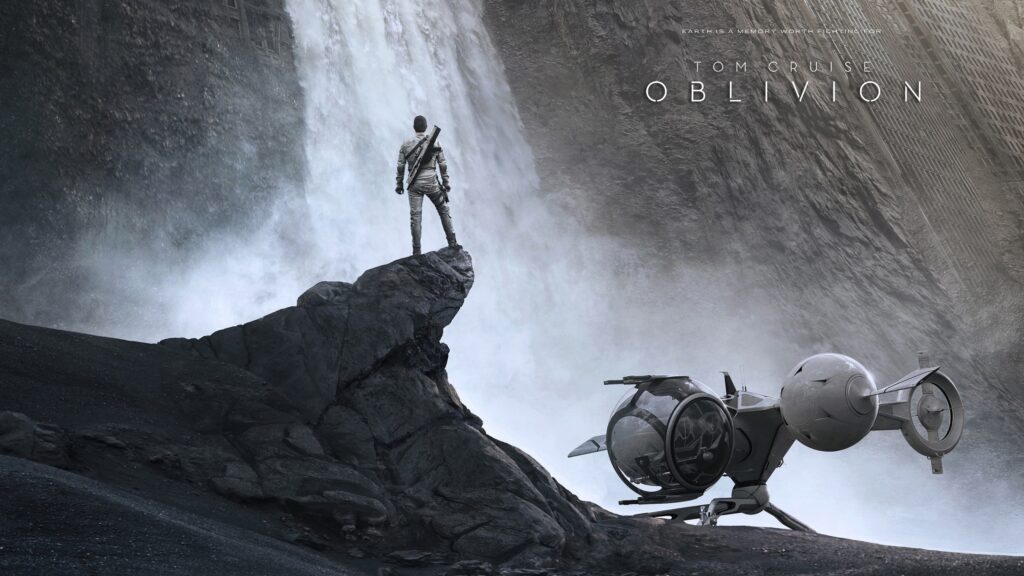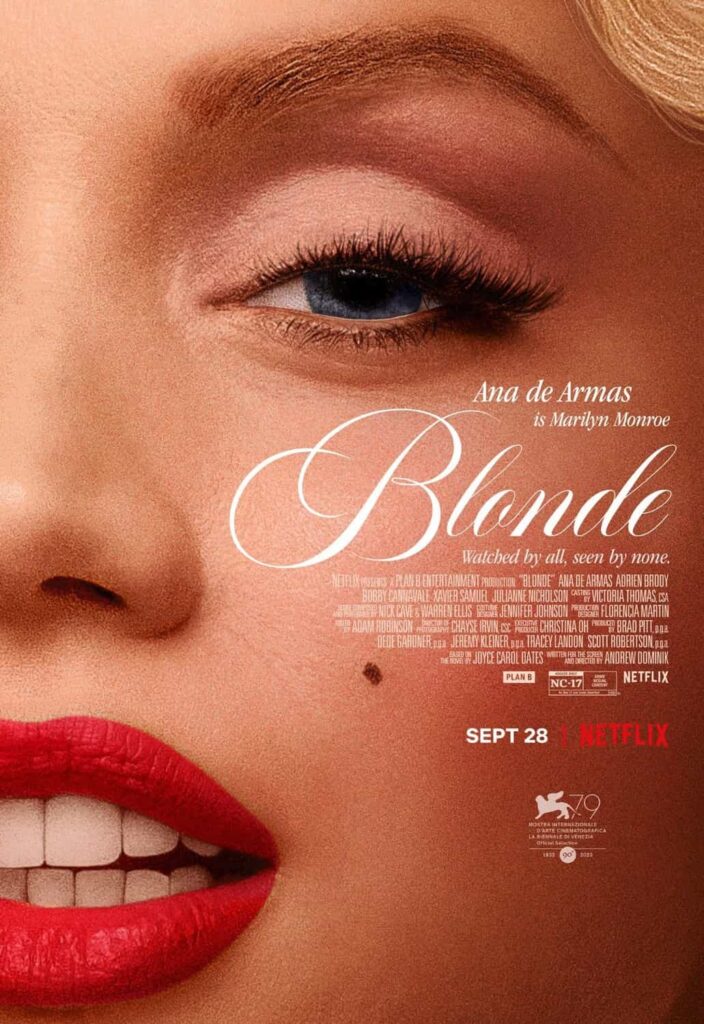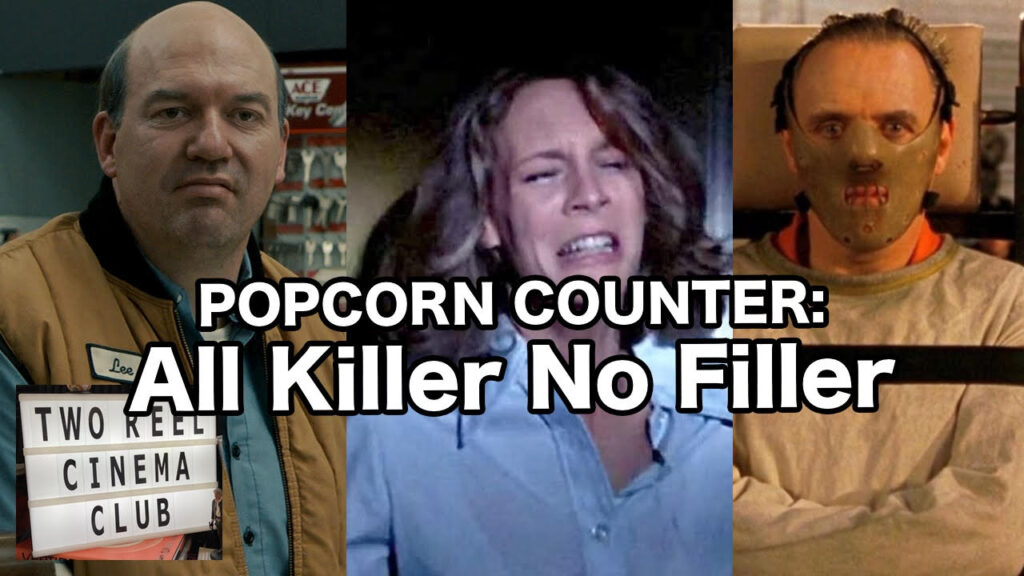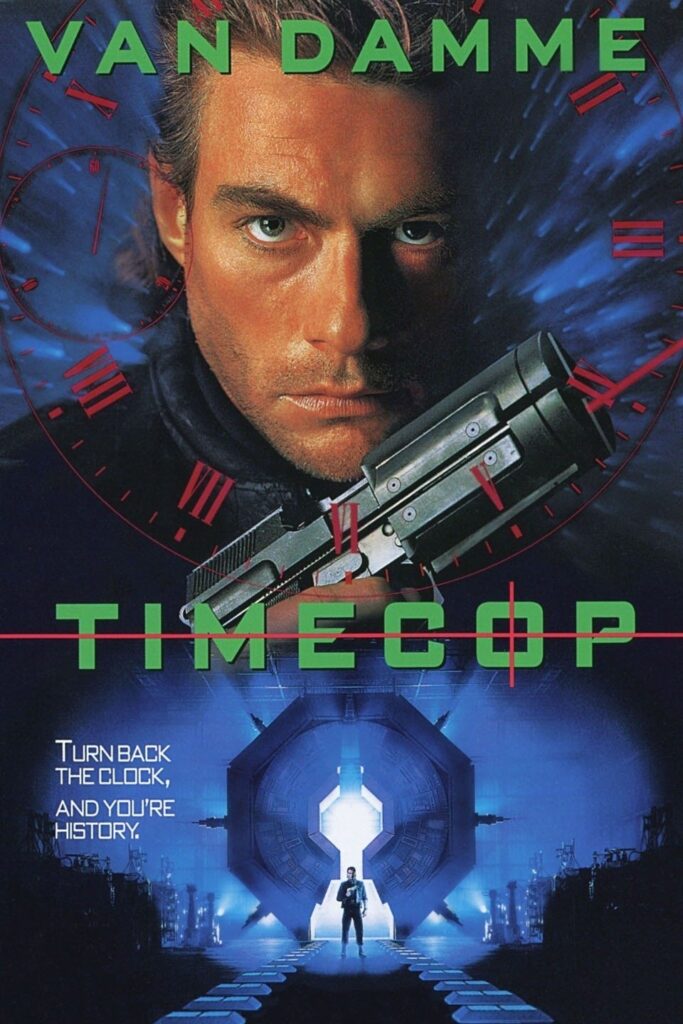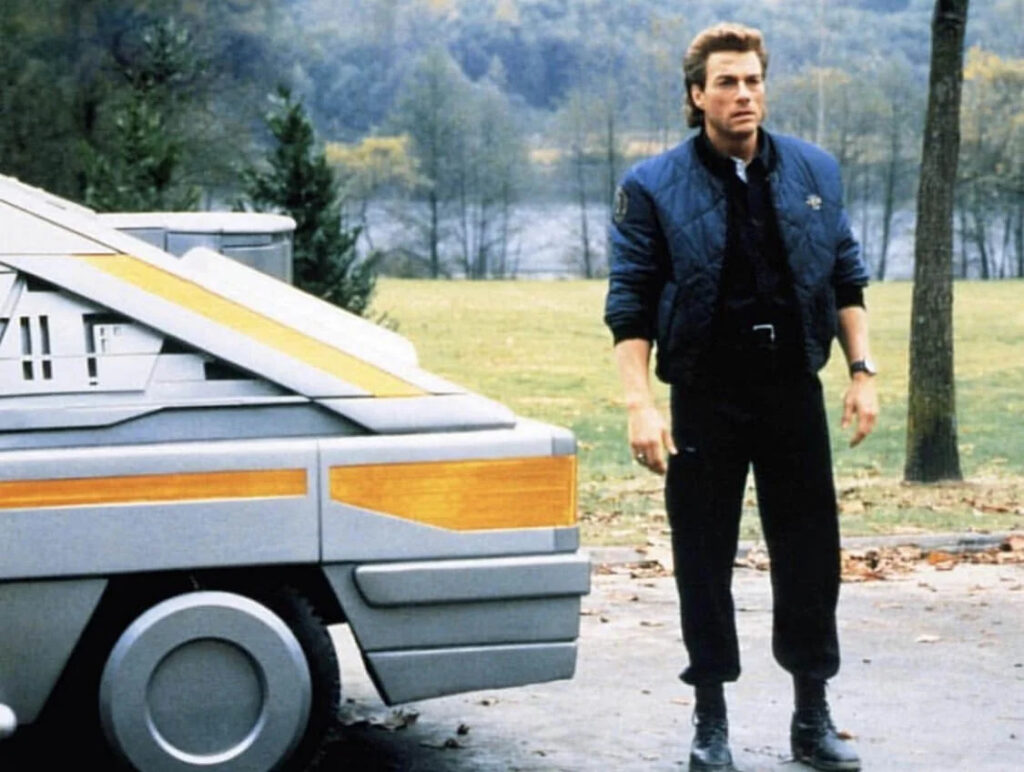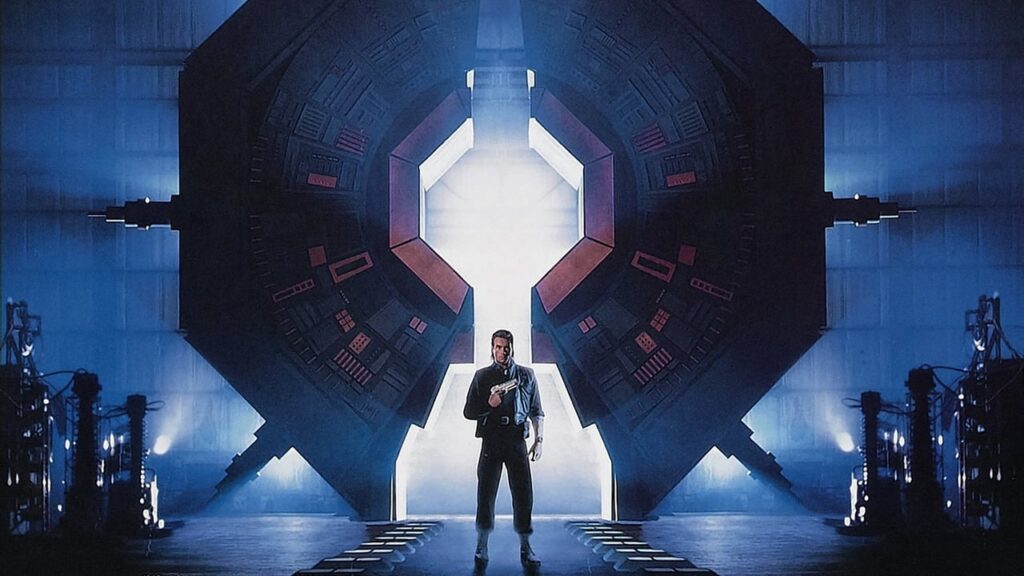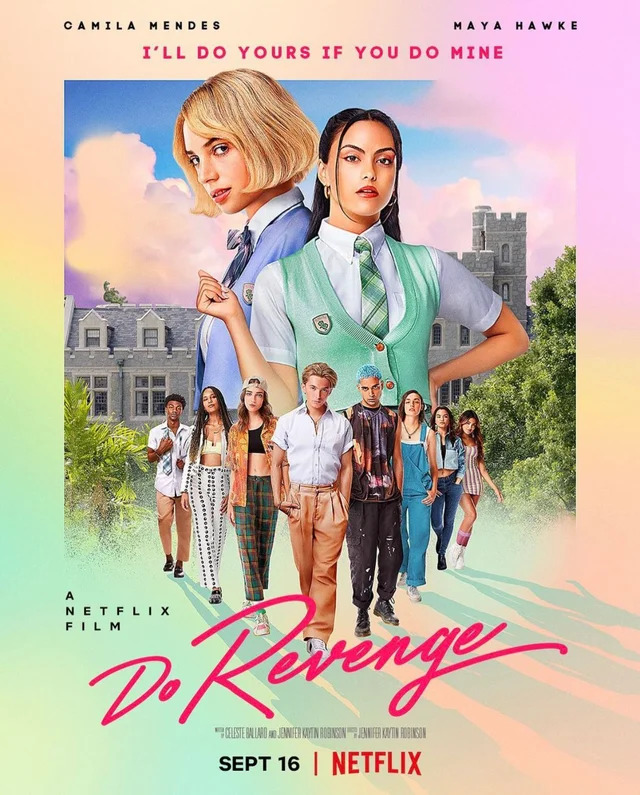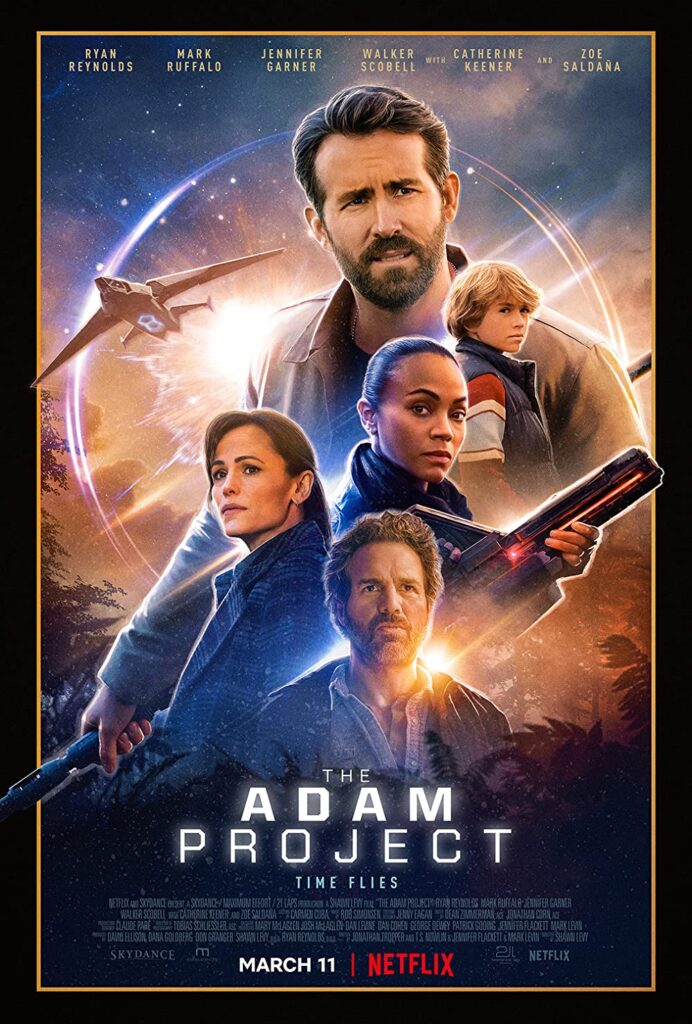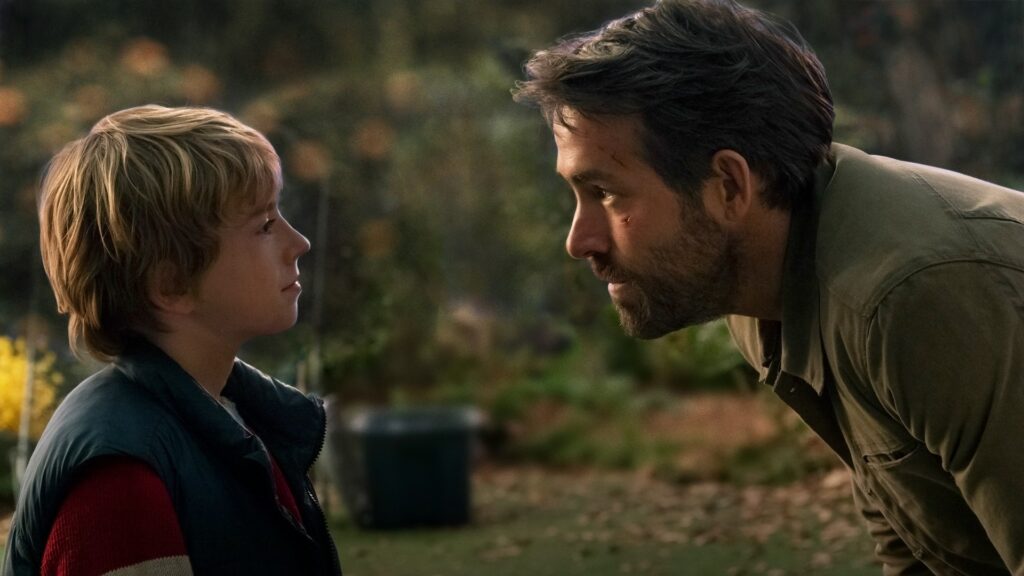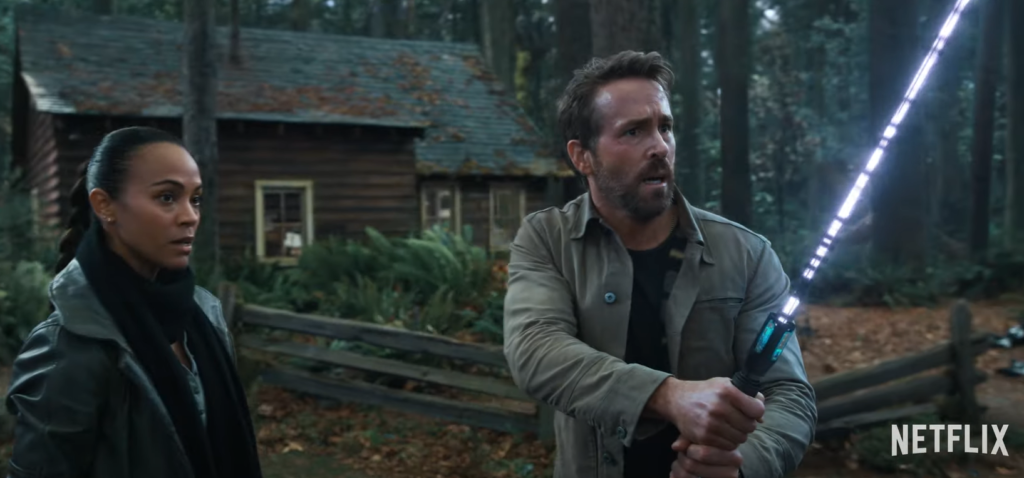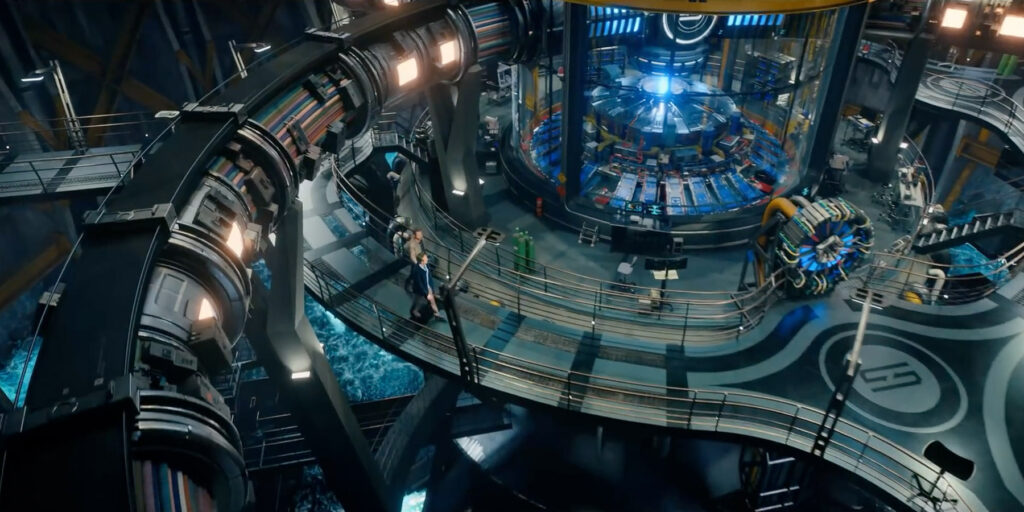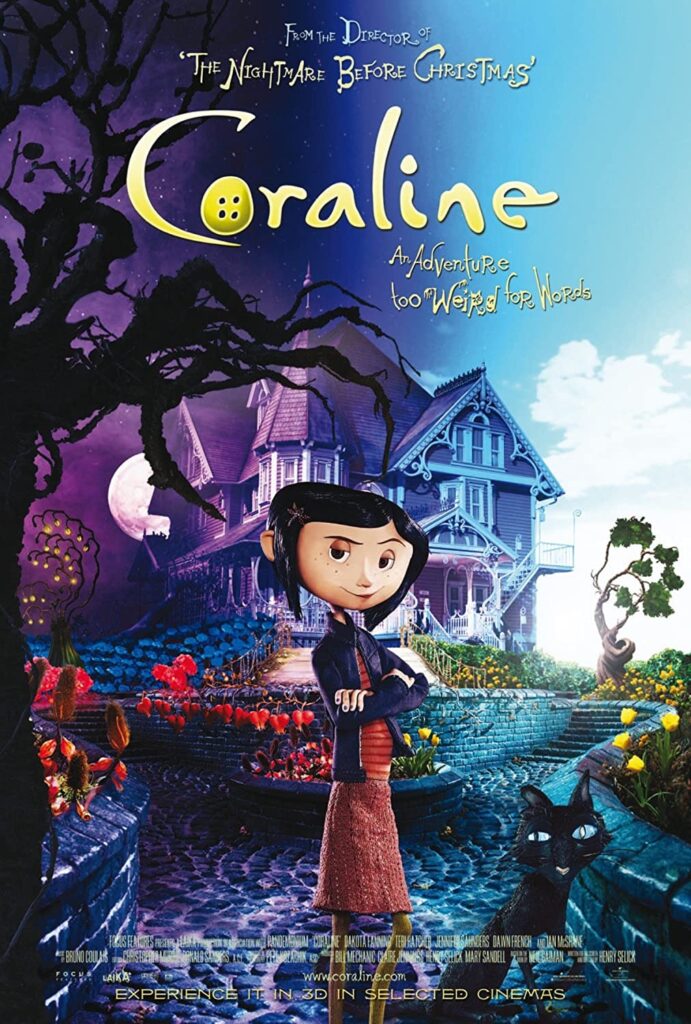
My children were too young to see Coraline when it first came out, and it has somehow passed us by since then – until this week. Thank goodness we’ve caught up with it at last: it’s a masterpiece.
Coraline is the mardy only child of inattentive parents, who discovers a magical hidden door in their new home which leads to a seductive mirror world. There she finds two fun ‘alternative parents’, who feed her delicious food and offer to play games with her all day. But their alternative love comes at a enormous price, and the trapped Coraline has to risk everything to return to the real world again.
It’s a joyously imaginative film, full of dazzling production design, and I will admit that I spent a lot of the film’s runtime asking myself, ‘Is this part really stop motion animation? How about this part? How about THIS one?’ (A bravura credits sequence demonstrates smugly that the answer to all my questions is, ‘Yes, it is.’)
The film could have been made with CGI or hand drawn animation, yes, but it is the concrete physicality of the stop motion models that reflects the film’s themes so perfectly. This is a story about a dream world that becomes a nightmare, and what could be more dream like than an animation technique that feels so real and grounded? Nightmares scare us precisely because they seem real.
One family member pointed out after the film that Coraline isn’t very nice. And they’re right, she isn’t. She’s selfish and rude and whiny and unappreciative. She is also brave, curious, patient and generous. She’s a teenager. Her contradictory and complex character is at the core of what the film is about: choosing reality over saccharine fantasy. Reunited with her real parents at the end of the film, Coraline is overjoyed while her mother and father are largely non-plussed. But a moment later we see they have bought her a small gift, some gloves she coveted. Real love doesn’t always shout its name, the film reminds us. Real love is more often smiling and whispering encouragement from the wings. Not big gestures that hide a hefty price tag, but instead small things sincerely meant.
